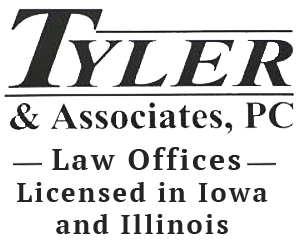Most people commute to work. Work-from-home jobs have become more popular over the last few years, but the majority of people still have at least a short commute. Some people commute for a half an hour each day or more. It can be a significant obligation and take up quite a lot of their free time.
Naturally, there are going to be car accidents during commuting hours, whether people are coming into work or going home. Drivers who are injured may claim that they should be able to get workers’ comp benefits because they wouldn’t have been driving on that commute if they weren’t employed. They think that they were acting as an employee by traveling to or from work. But were they?
Employees are generally not covered during commutes
Typically, an employee is not covered by workers’ comp during commutes due to the coming and going rule. This is sometimes referred to in the reverse order, as the going and coming rule. But, either way, it simply means that an employee who gets injured in a car accident during their commute has not yet begun acting as an employee and is not covered by workers’ comp benefits. These protections do not kick in until employees “clock in” – even if workers are salaried employees who don’t actually work on a specific schedule.
That doesn’t mean that employees can’t seek workers’ comp after an accident that occurs under any circumstances. If someone’s boss sends them to get coffee for their team on the way to work and they get in an accident during that trip, they were acting in a capacity as an employee at the time that they were driving. They would be covered. Exceptions also often apply for some workers who have to go to a central office and then drive to a specific job site, or for workers – like truck drivers or delivery drivers – who have to drive for a living.
A complex situation
Generally speaking, workers are simply not covered by workers’ comp protection before or after work, as they drive between their place of employment and their home. But, workers’ comp situations can get complicated, especially when there are disagreements about whether or not an employee was supposed to be covered at the time of a crash. Anyone who has been injured needs to make sure that they know exactly what legal options they have and what steps to take to secure any compensation to which they may be rightfully entitled. Speaking with a legal professional can provide that clarity.

